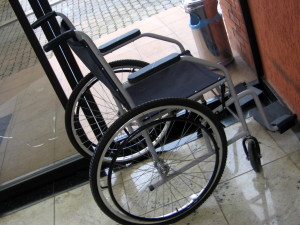 Over the last couple of years, the quality of care in California nursing homes and assisted-living facilities—in effect, the salient instances of nursing home abuse—has received national attention. Back in 2013, a special report from U-T San Diego discussed the “Deadly Neglect” happening at facilities across the state. That report highlighted the need for elder safety advocates, local and national agencies, and state and federal lawmakers to take steps to ensure that the very vulnerable population of elder residents across the country begins receiving proper care. But have legislators done enough? Are California nursing homes, assisted-living facilities, and residential care facilities for the elderly (RCFEs) taking steps to change the harmful practices that resulted in elder abuse and neglect?
Over the last couple of years, the quality of care in California nursing homes and assisted-living facilities—in effect, the salient instances of nursing home abuse—has received national attention. Back in 2013, a special report from U-T San Diego discussed the “Deadly Neglect” happening at facilities across the state. That report highlighted the need for elder safety advocates, local and national agencies, and state and federal lawmakers to take steps to ensure that the very vulnerable population of elder residents across the country begins receiving proper care. But have legislators done enough? Are California nursing homes, assisted-living facilities, and residential care facilities for the elderly (RCFEs) taking steps to change the harmful practices that resulted in elder abuse and neglect?
According to a recent report in California Newswire, newly proposed legislation in our state suggests that, when it comes to nursing home quality in California, facilities continue to fall short. The bill (AB 2079) aims to improve patient safety at facilities throughout the state and to protect California taxpayers.
California Legislators Aim to Improve Patient Safety
 Southern California Nursing Home Abuse Lawyer Blog
Southern California Nursing Home Abuse Lawyer Blog












